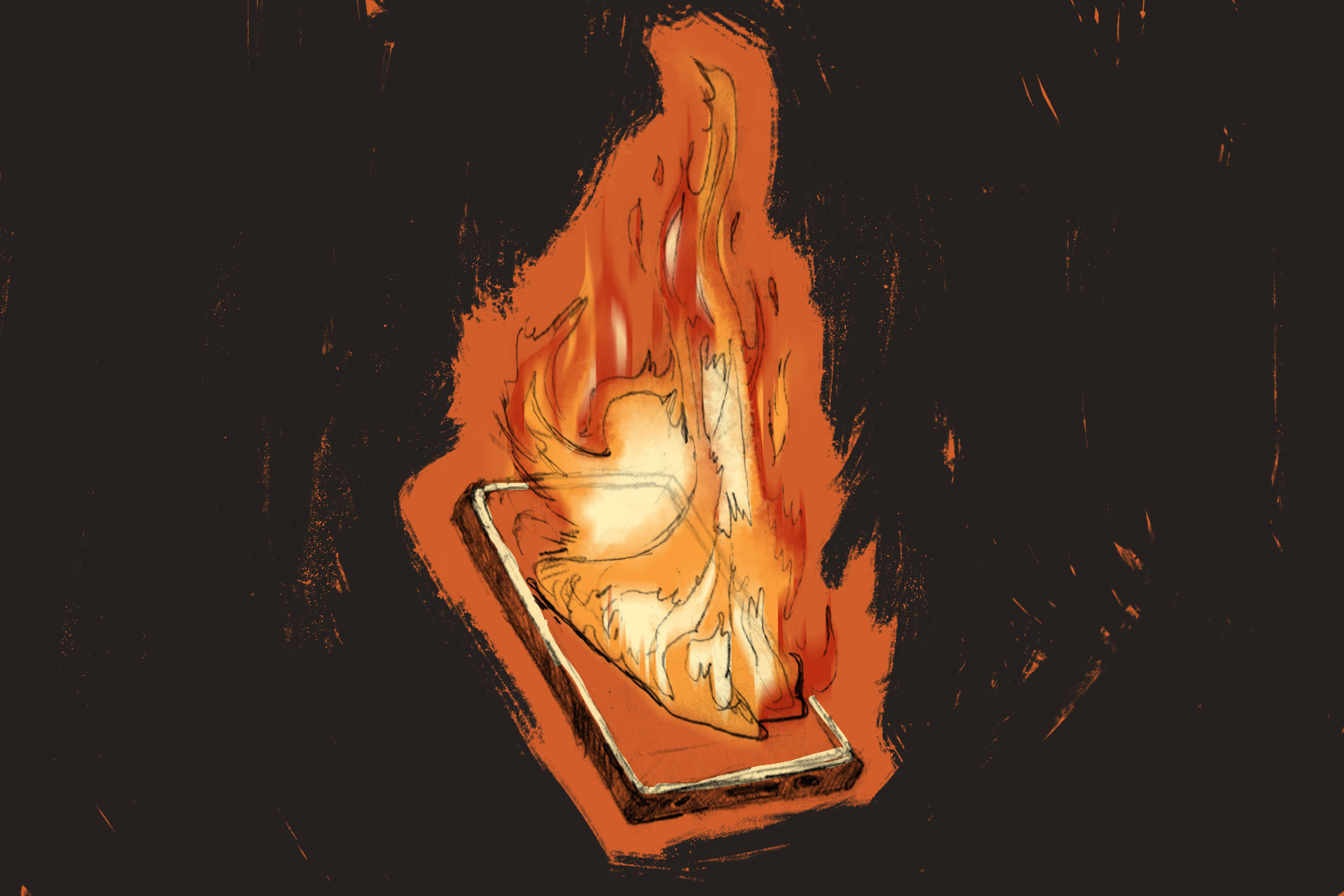Social media personalities must focus on grabbing people’s attention if they want to beat their platforms’ algorithms. They can achieve this through various posts, including helpful lists, relatable videos, entertaining clips, hilarious mishaps and well-researched articles. The idea is that users will consume and share what they find pleasurable and meaningful, consequently bringing in more views.
An additional tactic content creators employ is intentionally generating controversy. This tactic isn’t always nefarious, after all, stirring up media can spotlight worthy causes. As we have seen many times before, videos of real-life tragedies shared on social media stir people to demand social justice. Some businesses even embrace controversy to increase brand awareness and revenue. But when does online controversy cross the line? What utility do “hot takes” have in a world where anybody can go viral?
What Is a “Hot Take“?
While “hot take” saw a spike in usage during the early 2010s, Merriam-Webster reveals that the phrase dates back to as early as 1993. Many have pointed to the term originating in sports journalism, but in the 21st century, it is mainly used to describe controversial, time-sensitive and superfluous opinions. As a bonus, they tend to drive a lot of traffic to someone’s page. Webster acknowledges that the term can also be used in a derogatory way to criticize journalism that one disagrees with.
Being quick to label a piece as a “hot take” can be synonymous with dismissing it as not worth reading. This is especially true when the criticism lands on an opinion piece. Used in this manner, the label “hot take” can discredit the piece or the expertise of the person who wrote it. However, the term “hot take” isn’t exclusive to criticizing legitimate journalism. Thousands of people post hot takes of their own every day.
Anyone Can Post a Hot Take Online
Viral posts, videos and images of all varieties are shared across social media to millions of people every second. With this increased visibility comes increased responsibility. Content creators and journalists must ensure that the information they share online is credible and not harmful. With the rise of social media, however, just about anyone can publicize their hot takes. People who know very little about a topic can broadcast their opinions worldwide without criticism.
Some experts suspect that this phenomenon can be explained by the “Dunning-Kruger effect” — when someone with insufficient knowledge in a particular field grossly overestimates their skills and expertise. And when people don’t know what they don’t know, they lose crucial nuance in meaningful conversations. Unfortunately, official content and expert opinions may be drowned out by a sea of posts from people with zero credentials. This results in widespread misinformation. Whether these takes are fired off in a tweet or posted in a heated comment section, they can spread far and wide, visible to impressionable masses and to people who know the creator in the real world.
Hot Takes Can Give Creators a Bad Rap
The average social media user may not think their small following will create negative ripples. However, even if the average social media user only has a few hundred — or fewer — followers, someone else may find a controversial hot take left by their digital footprint. Family members and future employers could see a controversial post. Viral posts can spiral out of nowhere and go on to be shared faster than creators can catch on, even if they didn’t previously have a large following. Going viral can damage a young person’s reputation for years to come. So, if this is the case, how can people know whether a hot take is worth publicizing to the world?
Think Before You Post
A hot take can be less harmful when backed by credible evidence and valuable sources. Anything considered trolling is a hot take that posters should reconsider. On the other hand, content that is “original reporting or intelligent analysis” should be on the table for legitimate discussion. Social media users should ask themselves if what they are about to post contributes meaningfully to the conversation at hand and if they have knowledge or experience in what they are talking about. Sometimes, taking a bit of time to sit back and see what the experts have to say before jumping in makes all the difference.
It’s essential to keep the conversation moving forward. Part of that is people admitting when they don’t know things and when they probably shouldn’t talk about specific topics. It can be tempting to jump in and offer insight on what is happening at the moment. After all, nobody wants to feel left out of a conversation. But if the conversation is moving along just fine without a particular take on it, that may be a sign to think twice before contributing something that might derail it entirely.

















